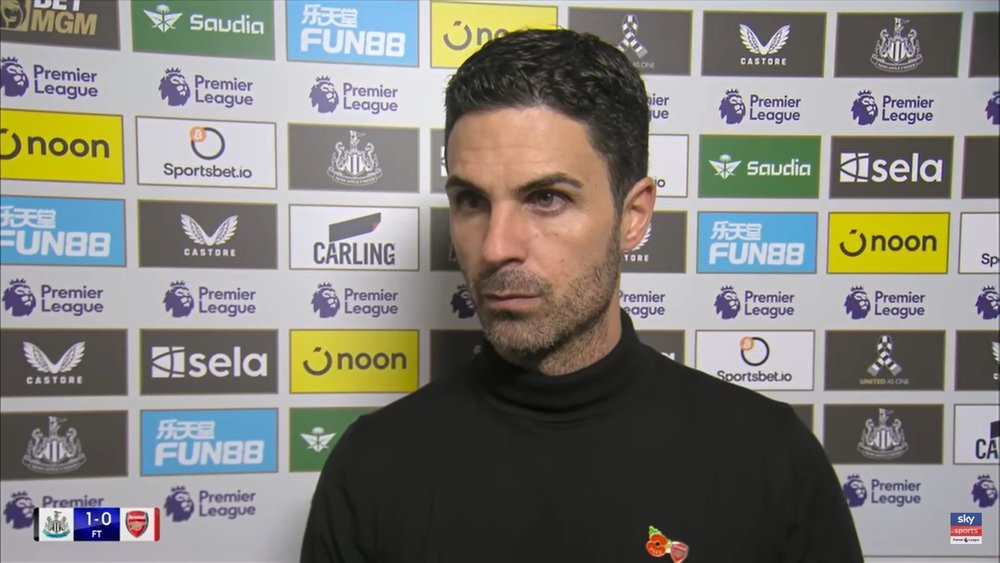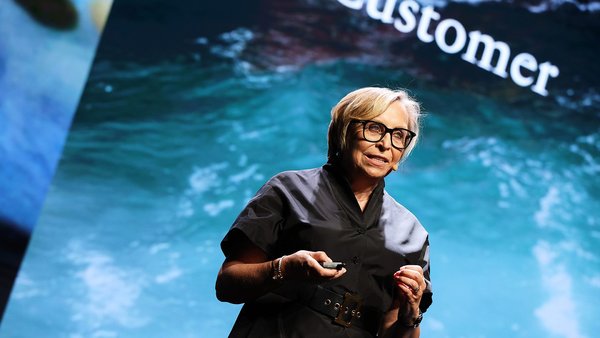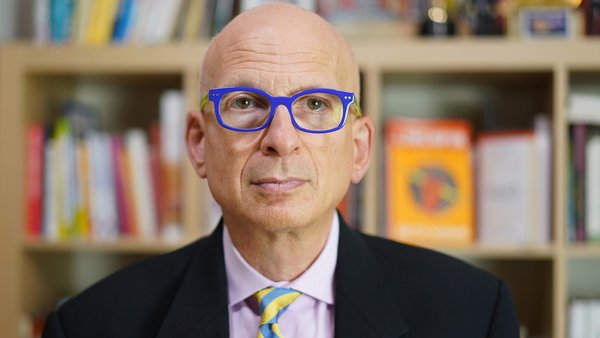Dan Hill’s Strategy Diet /
Wieden+Kennedy's global chief strategy officer shares his tips and techniques for better strategy
James Swift
/
Photo by Daniele Bucciarelli on Unsplash
Have you ever wanted to know what the ad industry’s sharpest strategists like to feed their brains or what resources they swear by when tackling a brief?
We have. So we’re asking.
Dan Hill is the global chief strategy officer at Wieden+Kennedy. During his time at the agency, Hill has led successful pitches for McDonald’s, Ford, Amazon and more, as well as overseeing Nike’s global football account in Amsterdam. He now works from London and helps run the office there, as well as leading the network-wide strategy practice.
Before joining Wieden+Kennedy, Hill was head of strategy at Karmarama (now Accenture Song).
What media do you consume that makes you better at your job or helps you think about strategy generally?
The Financial Times on Saturday; TikTok on the toilet; The Daily Mail on my in-law’s toilet; Fantrax Fantasy Football App in any room I can lock myself in ten minutes before line-ups need to be locked; the article my wife tells me to read on the way to work; Reddit/r/fatsquirrelhate once I’m at work; The Arsenal Opinion Podcast if Arsenal lose; The View from The Lane Podcast if Arsenal win; YouTube nonsense over my daughter’s shoulder; Will Eliott’s Instagram tips for parents behind her back.
Are there any resources that you typically turn to first when working on a brief?
The moment I get a brief, I gather my thoughts and feelings before I read anything or talk to anyone. You only get one chance to do that. Very occasionally, that first reaction gives me something powerful, but it’s always helpful to have a note of what I thought before I try to get smart. After that, it really does depend on the brief, but I’ll often find myself digging through the ancient history of the company and then listening to a recent earnings call.

Photo by Rosa Rafael on Unsplash
Who is someone that you follow/read/watch for their opinions and ideas?
Taylor Swift. For the way she’s built and played with her fanbase, for the way my daughter sings her songs, and for the way she might swing an election or two.
Is there anyone or any resource that you think strategists rely on too much that is counterproductive or unhelpful?
Decks. I’m not anti-deck or advocating that we start giving presentations through the medium of dance. It’s just that too often, strategists start writing a deck before they’re even halfway through the thinking. It’s comforting to write something in bold font, insert a robust graph to prove an unnecessary point, and of course, enthusiastically drop in a GIF that you think is so good that you end up bending the entire five-year strategy of your agency’s biggest brand to make sense of it. You might even fill out a useless brand framework in the shape of some medieval hut. I’ve been guilty of all these things, and the GIF is only very occasionally worth it.
Don’t start writing the deck until you’ve written the story as plainly as possible. Say it out loud, too. Cut out the bit that you thought was great but made you cringe. Spend more time on the part that made your creative partner ever so briefly stop doodling a picture of a pooping dog.
Then, and only then, allow yourself to open the deck, use that bold font, add a restrained amount of data to prove your central point, and add the gif that makes you truly happy.
Dan Hill, Wieden+Kennedy
What do you think is the most underused resource for better strategy?
Your honesty.
This industry is full of briefs that aren’t honest about the problem, strategies that aren’t based on a truth, and creative work founded on the lie that anybody gives a shit about outdated advertising conceits.
Your creativity.
Everyone has access to similar data, but only you have access to your experiences and perspectives. Make the leaps and links that your brain has been accidentally training its whole life to make.
Your simplicity.
It’s so easy to make a dumb strategy feel smart and snappy. It’s much more important to make a smart strategy feel simple. Use any intelligence you have to make the entire room feel smarter.
Is there anywhere you go when you’re struggling with a brief or a place that seems to help you work or think?
It’s not particularly original, but when I’m stuck, I’ll walk around the agency and ask people who aren’t working on the brief what they think. I’m surrounded by brilliant people, none of whom think particularly alike. I’m incredibly lucky that, unless I happen to bump into Ryan Fisher (W+K London's President), I’m probably going to get back to my desk with the knot untied.
Office etiquette: music or no music?
Music
What’s the best free resource for a strategist?
An informal conversation with a good client away from the pressure of a presentation or the theatre of a meeting.
What sort of media/resources would you recommend to someone just starting their career as a strategist?
WARC.com for a wealth of case studies, reports, awards entries, and more.
Blinkist.com for an audio summary of thousands of non-fiction books. A Godsend for a dyslexic like me.
Any AI tool that you can play with in a safe space.
Most importantly, follow your interests. Don’t worry too much about becoming ‘good at strategy’; just become comfortable dealing with problems and ideas. Stay fascinated by people, not processes. Read, watch, and listen to the things you’re curious about; they’ll become useful later.

What’s something that happened in pop culture that showed a better understanding of people than advertising?
Mikel Arteta’s cultural transformation of Arsenal Football Club. He understood that your two best players are useless if they’re both dickheads. He understood that young players need to feel safe before they can take risks. He understood that 65,000 very quiet fans will make a lot of noise as soon as they feel part of the club again.
Want more of the same? /
We don’t just write about best-in-class campaigns, interviews and trends. Our Members also receive access to briefings, online training, webinars, live events and much more.








